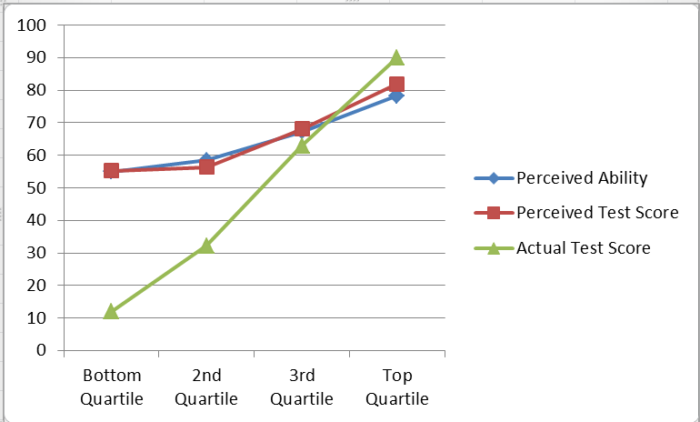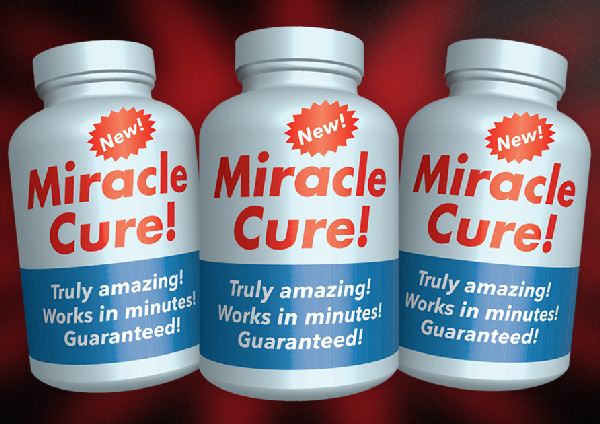Jan 10 2019
Children and Screen Time
 Most parents worry about how much time their children are spending in front of computer screens, smartphones, and other electronic devices. This is a reasonable worry – this is a fairly dramatic cultural change, and the experience is different than what most of today’s parents experienced when they were children.
Most parents worry about how much time their children are spending in front of computer screens, smartphones, and other electronic devices. This is a reasonable worry – this is a fairly dramatic cultural change, and the experience is different than what most of today’s parents experienced when they were children.
Pediatricians have also been warning about excessive screen time, which has been linked to obesity. But current research and recommendations are getting more nuanced, and pediatric organizations have recently walked back or altered their recommendations.
A recent review published in the BMJ found:
We found moderately strong evidence for associations between screentime and greater obesity/adiposity and higher depressive symptoms; moderate evidence for an association between screentime and higher energy intake, less healthy diet quality and poorer quality of life. There was weak evidence for associations of screentime with behaviour problems, anxiety, hyperactivity and inattention, poorer self-esteem, poorer well-being and poorer psychosocial health, metabolic syndrome, poorer cardiorespiratory fitness, poorer cognitive development and lower educational attainments and poor sleep outcomes. There was no or insufficient evidence for an association of screentime with eating disorders or suicidal ideation, individual cardiovascular risk factors, asthma prevalence or pain. Evidence for threshold effects was weak. We found weak evidence that small amounts of daily screen use is not harmful and may have some benefits.
The evidence is weak, and correlational only. This means we cannot conclude that screen time causes obesity, anxiety, or other issues. It may be, for example, that children who are sedentary for other reasons are both overweight and engage in sedentary activities, many of which involve screen time.
Based on this review, The Royal College of Paediatrics and Child Health said that there is insufficient evidence to conclude that screen time in itself is “toxic.”

 There is, apparently, an increase recently in interest in
There is, apparently, an increase recently in interest in 
 In 1984 science fiction writer Isaac Asimov wrote
In 1984 science fiction writer Isaac Asimov wrote  Magicians play a significant role in the skeptical movement. They have, as Liam Neeson famously said, a particular set of skills. They are very adept at deception, using techniques that have been honed through trial and error over centuries. It is a great example of cultural knowledge. Having the ability to deceive others, purely for entertainment and with informed consent, also makes them adept at detecting the use of the same techniques for nefarious purposes. This, essentially, has been James Randi’s entire career.
Magicians play a significant role in the skeptical movement. They have, as Liam Neeson famously said, a particular set of skills. They are very adept at deception, using techniques that have been honed through trial and error over centuries. It is a great example of cultural knowledge. Having the ability to deceive others, purely for entertainment and with informed consent, also makes them adept at detecting the use of the same techniques for nefarious purposes. This, essentially, has been James Randi’s entire career.




